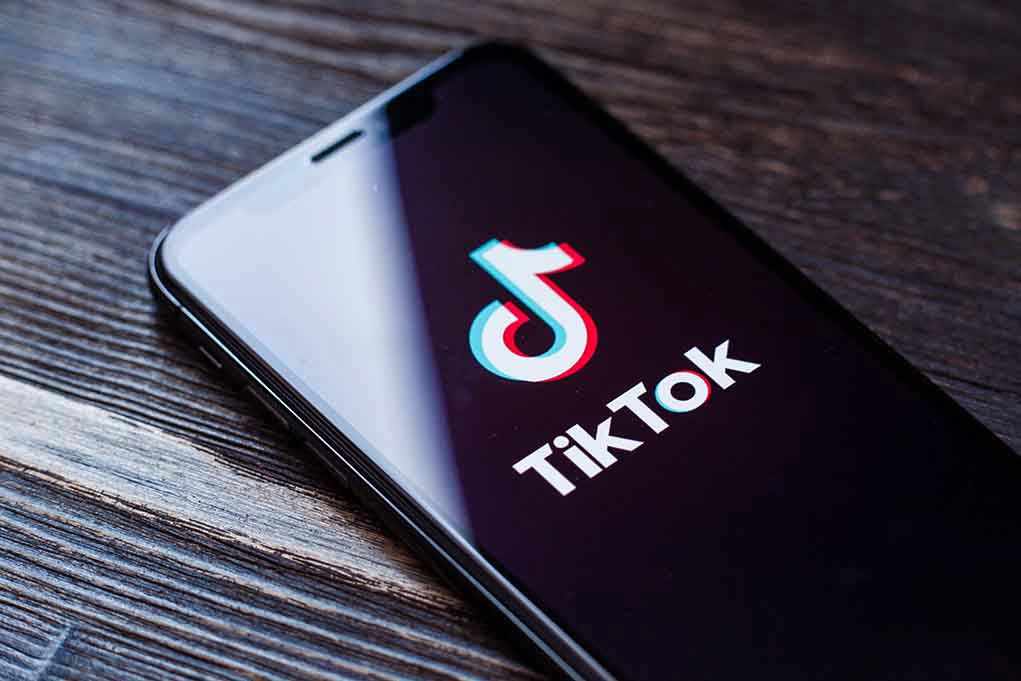
New state lawsuits targeting TikTok’s “addictive” features reveal a growing push for sweeping government control over tech—and raise alarms for anyone concerned about state overreach and parental rights.
Story Snapshot
- Minnesota sues TikTok, alleging the company exploits children with addictive algorithms and violates state consumer protection laws.
- Attorney General Keith Ellison frames the lawsuit as a fight for youth safety, not free speech, and compares TikTok’s tactics to Big Tobacco’s targeting of youth.
- The case is part of a national trend: states are increasingly using consumer protection statutes to challenge tech companies, shifting legal focus away from speech toward design practices.
- Critics warn these lawsuits may open the door to unprecedented state intervention in private business and parental decisions.
Minnesota’s Lawsuit Signals a New Tech Regulation Frontier
On August 19, 2025, Minnesota Attorney General Keith Ellison announced a lawsuit against TikTok, accusing the platform of intentionally addicting children and adolescents through its design and virtual economy. The suit claims TikTok’s business model profits from excessive youth engagement and violates Minnesota’s consumer protection laws. Unlike debates centered on content moderation or censorship, Ellison explicitly stated, “This isn’t about free speech. I’m sure they’re gonna holler that,” framing the issue as one of public health and consumer rights. By evoking comparisons to Big Tobacco and “digital nicotine,” the state is positioning itself as a defender of youth against tech giants, yet this approach raises significant questions about the expanding role of government in regulating speech and technology.
Ellison’s legal strategy follows a pattern: in October 2023, Minnesota filed a similar federal lawsuit against Meta for comparable practices. These efforts echo a national movement—states across the country have launched lawsuits targeting tech companies’ business models, citing concerns about addictive design, youth mental health, and financial exploitation. The Minnesota suit, filed in Hennepin County District Court, reflects wider anxieties about rising rates of depression and anxiety among teens, as well as congressional actions forcing ByteDance, TikTok’s parent company, to divest or risk a U.S. ban. The state’s case focuses narrowly on consumer protection statutes, sidestepping federal free speech arguments and instead targeting the very architecture of social media platforms.
Key Stakeholders and Power Dynamics
Attorney General Ellison leads the charge, representing the interests of Minnesota youth and families who are directly affected by TikTok’s alleged practices. The state government supports the lawsuit, seeking to protect children from what it describes as exploitative digital tactics. On the other side, TikTok (owned by ByteDance) faces accusations of violating state laws and harming young users but denies wrongdoing, asserting that the lawsuit is “misleading and inaccurate” and highlighting its voluntary safety measures. The legal fight pits state authority against a global tech giant, raising questions about who controls the digital environment children navigate. While Ellison asserts a public health and consumer protection motivation, TikTok’s legal and public relations teams are mobilized to defend their platform’s business model and reputation.
This battle reflects a deeper struggle: should state governments dictate the design of digital products, or should parents and private enterprise retain primary authority over what children access online? The outcome may set influential precedents for the role of government far beyond Minnesota.
Current Status and National Implications
Following the August 19 announcement, the lawsuit awaits initial proceedings in Hennepin County District Court. TikTok continues to dispute the allegations, emphasizing its commitment to user safety. Meanwhile, the case has already contributed to a broader debate over the future of tech regulation in the United States. Recent federal actions—including congressional threats to ban TikTok unless it cuts ties with its Chinese parent company—underscore the rising political pressure on social media platforms. Other states are likely to follow Minnesota’s lead, using consumer protection laws to target tech companies’ design decisions, not just their content policies. This shift could significantly alter the landscape of digital business and state authority.
Impact on Families, Industry, and Personal Liberty
In the short term, the Minnesota suit raises public awareness about youth online safety and could prompt other states to pursue similar legal action. Long-term, the precedent for regulating platform design under consumer protection statutes may force tech companies to overhaul their business models nationwide. For families, this could mean new rules and tools for managing children’s online experiences—but it also risks diminishing parental authority by placing more power in the hands of state bureaucrats. Tech industry leaders warn that overregulation might stifle innovation and have unintended consequences for digital freedom. Some civil liberties advocates express concern that, even if framed as consumer protection, such lawsuits may chill expression and set the stage for more intrusive government control over digital life.
Expert opinions confirm the legal novelty of these cases: by shifting the argument from free speech to consumer protection and public health, states may find more legal traction. Child psychologists cite mounting evidence of social media’s impact on youth mental health, but the path forward remains hotly contested. While mainstream news sources and official statements corroborate the lawsuit’s basic facts and rationale, the broader implications—on liberty, family autonomy, and the constitutional balance between government and private enterprise—remain unresolved. For conservatives wary of government overreach, Minnesota’s lawsuit against TikTok is more than a local legal battle; it’s a warning sign of expanding state power in the digital age.
Sources:
CBS News Minnesota, August 19, 2025
Minnesota Attorney General’s Office, Press Release, August 19, 2025




